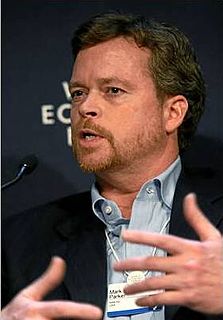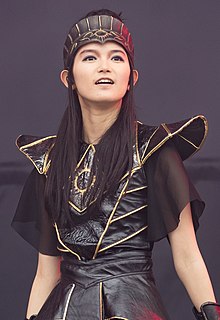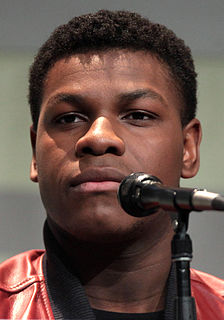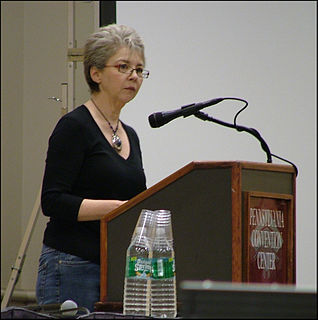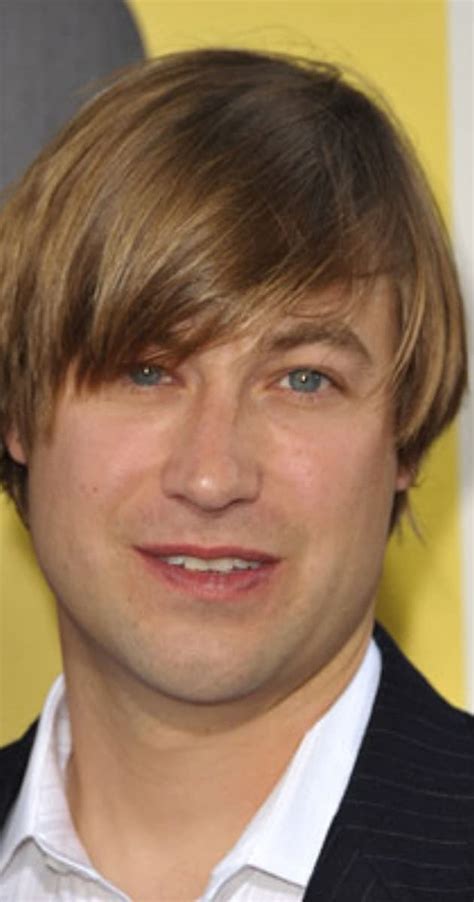A Quote by Forest Whitaker
In a lot of films, they're showing more complete, developed characters of diverse ethnic backgrounds. The larger concern is to be able to tastefully explore the stereotypes, and still move past them to see the core of people.
Related Quotes
A lot of the young people make beautiful films or big films or are able to finance them, but they can't get anyone to distribute them, they can't get anyone to see them, so they go to these thousands of film festivals. So I still believe that even though a young kid might be able to make a masterpiece or something that changes the direction of cinema, the issue of how to get it to people is still not solved.
I think all races are represented in America much more than in many other places, but it's also nice to remind people about that ethnic mix. I would like to see more black models and women from different ethnic backgrounds, but I also think that when you are casting, you just choose the most beautiful girl you can find.
Something seems wrong to most people engaged in struggle when they see more people hurt on their own side than on the other side. They are used to reading this as an indication of defeat, and a complete mental readjustment is required of them. Within the new terms of struggle, victory has nothing to do with their being able to give more punishment than they take (quite the reverse); victory has nothing to do with their being able to punish the other at all; it has to do simply with being able, finally, to make the other move... Vengeance is not the point; change is.
Our society is driven today by so much ethnic discord. We have Black Lives Matter, which I praise and celebrate. We have the demagogues stereotyping Muslims and resurrecting racist stereotypes they used to visit on us. The larger goal is to show that we are all the same, we all come from Africa, and we all have the same larger family tree. It's about the fundamental unity of the human community.
I have always liked kind of outsider characters. In the movies I grew up liking, you had more complicated characters. I don't mean that in a way that makes us better or anything. I just seem to like characters who don't really fit into. You always hear that from the studio: "You have to be able to root for them, they have to be likeable, and the audience has to be able to see themselves in the characters." I feel that's not necessarily true. As long as the character has some type of goal or outlook on the world, or perspective, you can follow that story.






